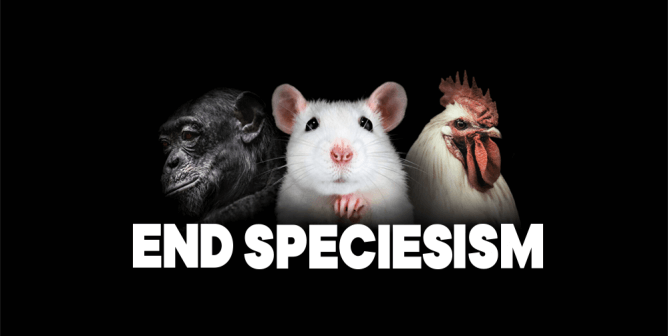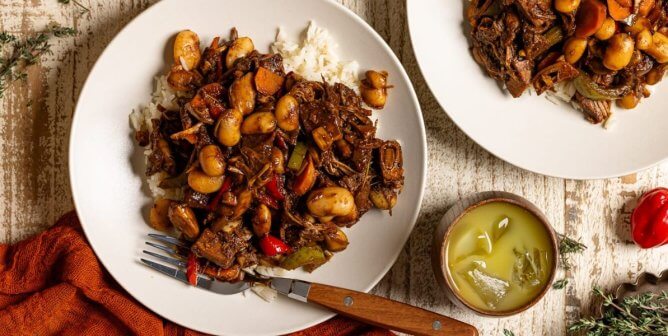Is Your Food a Product of Rape?
We may call the cows who produce milk “mothers,” but they never actually get to be mothers because their babies are taken away from them after birth. And we certainly don’t treat them with the respect that mothers deserve. Cows and other factory-farmed female animals endure being raped repeatedly, and their babies are torn away from them before they’re all killed.
When a human is forcibly and involuntarily violated sexually, it’s called “rape.” When animals on factory farms are forcibly and involuntary violated sexually, it’s called “artificial insemination.” Female cows, pigs, and turkeys are routinely raped—their bodies are violated through artificial insemination. Female mammals also often endure botched deliveries, and then their babies are taken away shortly after birth.
The very core of factory farming is breeding. Farmers exploit the female reproductive system to keep up a steady influx of new victims whom they can turn into “products” on supermarket shelves.
Without the deliberate and systemic violation of female bodies, the animal agriculture industry would crumble.
Cows are forcibly raped, and calves are deliberately orphaned to produce milk.
Cows produce milk for the same reason that humans do: to nourish their young. In order to force them to produce as much milk as possible, farmers typically impregnate cows every year using a device that the industry calls a “rape rack.” To impregnate a cow, a person jams his or her arm far into the cow’s rectum in order to locate and position the uterus and then forces an instrument into her vagina. The cow is defenseless to stop this violation.
Calves are also torn away from their mothers shortly after birth, which causes both mother and baby extreme distress. Mother cows can be heard calling for their calves for days. Male calves are destined to end up in cramped crates or barren feedlots where they’ll be fattened for veal and beef, and females are sentenced to the same sad fate as their mothers.
A cow named Suzie was about to be loaded onto a freighter bound for Venezuela when she turned around, ran back down the gangplank, and leaped into the river. Even though she was pregnant (or perhaps because she was pregnant), she managed to swim all the way across the river, eluding capture for several days. She was rescued by PETA and sent to a sanctuary.
After their calves have been taken away, mother cows are hooked up to milking machines two or more times a day. Artificial insemination, genetic engineering, milking regimens, and drugs are all used to force them to produce even more milk—the average cow today produces more than four times as much milk as a cow in 1950 did—despite the detrimental effects that this has on their bodies and their health.
PETA conducted an eyewitness investigation at Adirondack Farms, LLC, a factory dairy farm that takes 20,930 gallons of milk—intended for calves—from approximately 1,800 cows every day. PETA’s investigator documented that a manager there jabbed a fully conscious and immobile cow, whom he called a “dumb bitch,” in the ribs with a screwdriver and used a skid loader to drag her approximately 25 feet.
Pigs are caged throughout their entire pregnancy.
Most mother pigs spend their entire adult lives confined to cramped metal cages. They never feel the affectionate nuzzle of a mate, and they’re thwarted in their natural desire to build a cozy, comfortable nest. Instead, they’re surrounded by cold metal bars and forced to lie on hard feces-covered concrete floors.
When they are old enough to give birth, many sows are artificially inseminated and imprisoned for their entire pregnancy in “gestation crates,” cages that are just 2 feet wide and too small for them even to turn around in or lie down in comfortably.
After giving birth, mother pigs are moved to “farrowing crates,” enclosures similar to gestation crates, with only a tiny additional concrete area to accommodate nursing piglets, before the babies are taken away and eventually sent to slaughter.
A PETA investigator at a Hormel supplier documented that a supervisor rammed a cane into a pig’s vagina and kicked a young pig in the face, abdomen, and genitals to make her move, telling PETA’s investigator, “You gotta beat on the bitch. Make her cry.”
Turkeys used for food have been so genetically modified that they’re physically incapable of mating on their own.
Turkeys are bred, drugged, and genetically manipulated to grow as large as possible as quickly as possible to increase profits. In 1970, the average turkey weighed 17 pounds at slaughter. Today, turkeys weigh 28 pounds. According to one industry publication, modern turkeys grow so quickly that if a 7-pound human baby grew at the same rate, the infant would weigh 1,500 pounds at just 18 weeks of age. Because turkeys are now so obese that they can’t reproduce naturally, those born today were conceived through forced artificial insemination.
At Aviagen Turkeys, Inc., in West Virginia, the “world’s leading poultry breeding company,” a worker was indicted for cruelty to animals after being caught on video pinning a female turkey to the ground and mimicking raping her. When interviewed by police, he reportedly admitted to having done this to dozens of other turkeys. At a Butterball slaughterhouse in Arkansas, a PETA investigator witnessed a worker repeatedly sticking his finger into a turkey’s cloaca (vagina).
So the next time you head to the grocery store, think about her:
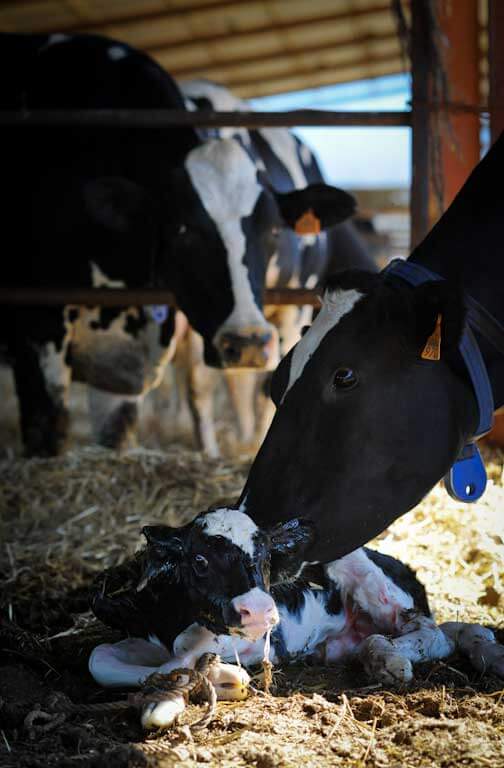
And her:
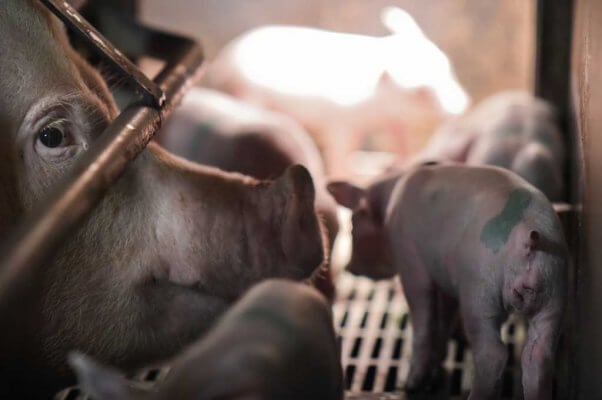
And her:
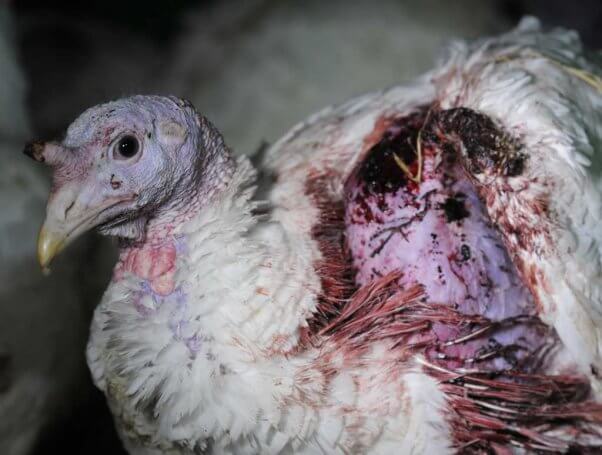
Because no feminist would consume food that’s a product of rape. When you know better, you do better. Go vegan—for mothers, for sisters, for daughters, and for all females whose bodies are exploited.

